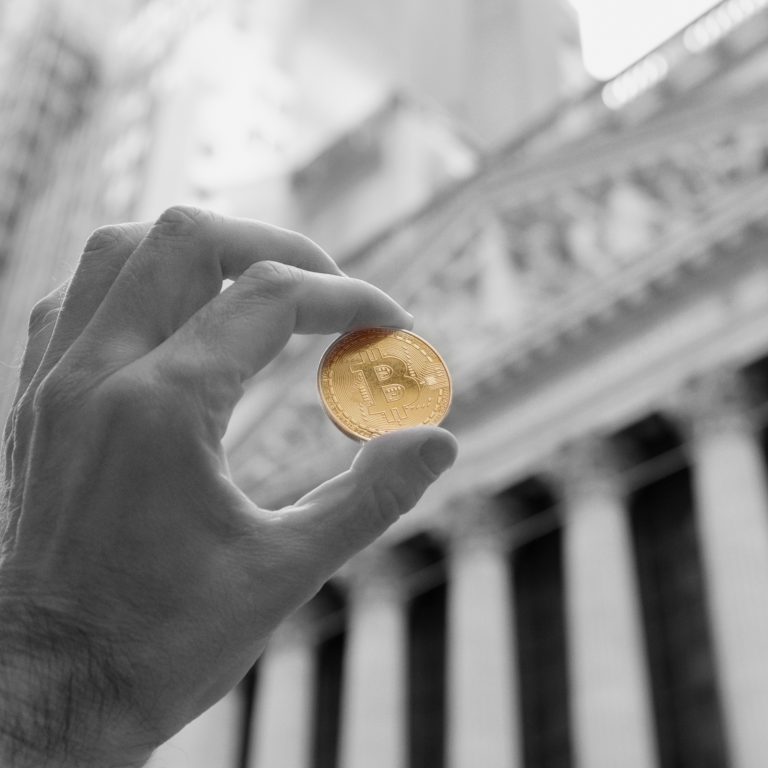
2018-7-21 01:00 |
Bitcoin went on a serious bull run in 2017 and rose over 1,900 percent by the end of the year. Despite that, Wall Street remained largely skeptical on the subject of digital currencies throughout the past year. A few months into 2018, however, institutional investors are now announcing funds dedicated to the new asset class and have been directly investing in digital currency startups. While early investors in the market have made significant returns on their invested capital, it remains to be seen whether or not institutional investors will be able to replicate their success.
Institutional Investors Test Crypto WatersSome notable investment funds and banks have already been exploring the possibility of directly investing in digital currencies. While pure plays in such a volatile asset class are typically not their field of expertise, they are willing to set up such funds anyway. Andreessen Horowitz, for instance, announced a $300 million cryptocurrency fund in June 2018. Chris Dixon described it as a long-term, all-weather fund that wouldn’t be swayed by temporary price fluctuations.
BlackRock Chief Executive Larry Fink said, “We are a big student of blockchain,” before adding that the company had formed an internal task force to analyze digital currencies.
Goldman Sachs, Barclays, and Fidelity are also all exploring opportunities to invest in digital currencies. Steven Cohen who runs Point72 Asset Management also oversees one such fund. The Wharton alumni has crypto assets worth around $12 billion under its management.
Will Cryptocurrency Outshine Past Returns?The funds that are now exploring investments in cryptocurrencies have a long-term horizon. Venture capitalists raise money from limited partners for an average period of seven years. In a typical startup investment, the first three to four years are used to capitalize a company, while the latter years are used to sell the equity holdings for a profit.
However, in the cryptocurrency market, these investors can potentially hold onto their digital currency indefinitely, or until they require the liquidity.
Supporting this argument is the fact that cryptocurrency prices have risen dramatically over the past few years. Nevertheless, renowned investor Warren Buffett has been a vocal critic of digital currencies for their lack of intrinsic value. It remains to be seen if future cryptocurrency returns can match past performance.
Regulatory HurdlesFinancial regulators and governments are also among those skeptical about cryptocurrencies. Most regulatory bodies believe that the asset class is being increasingly used for illegal activities and money laundering.
Federal Reserve Chairman Jerome Powell told the House Financial Services Committee on July 17, 2018, that cryptocurrencies were a risk to investors. He said, “I think there are also significant investor risks. There is no promise behind it. It is not really a currency and it does not have any intrinsic value.”
The U.S. SEC also is yet to clarify a sound framework for cryptocurrencies and digital tokens. According to one of its policies, it recognizes digital tokens to be on par with securities, subjecting it to the same rigorous scrutiny.
A robust regulatory framework will likely influence the potential of future cryptocurrency returns. The law may not only deal directly with cryptocurrency holders but also hit exchanges and other crypto companies. Ultimately though, the market will benefit the most from larger investors, especially those with long-term views.
The post Have Institutional Investors Lost the Chance to Make Lambo Money in Crypto? appeared first on BTCMANAGER.
origin »Emerald Crypto (EMD) на Currencies.ru
|
|





























